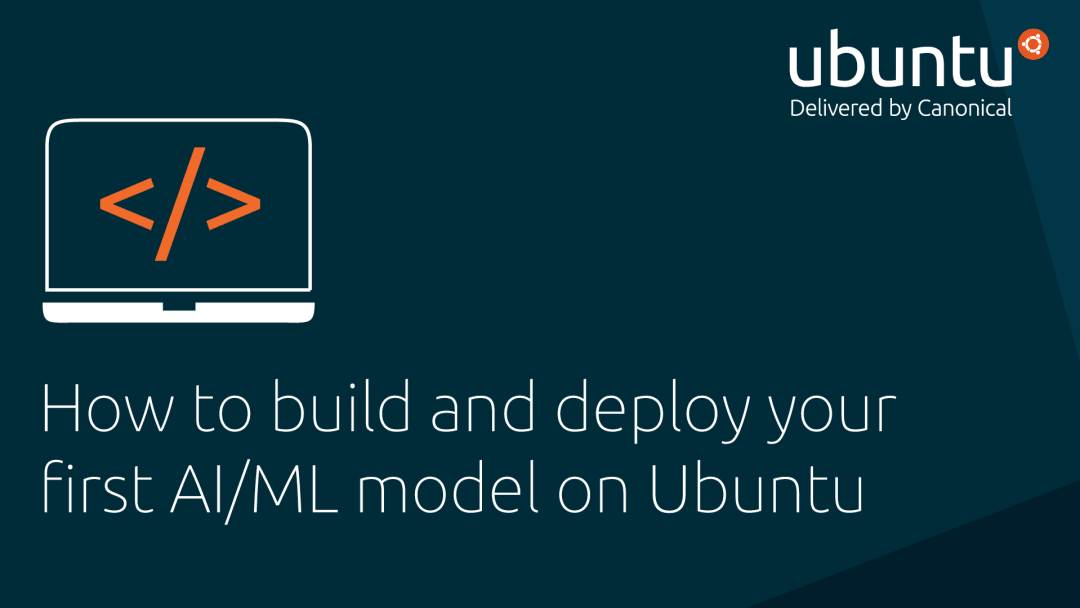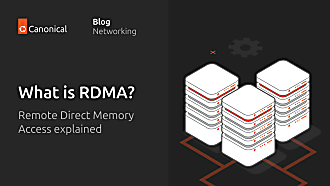James Nunns
on 2 October 2018

Artificial intelligence and machine learning (AI/ML) have stolen the hearts and minds of the public, the press and businesses.
The technological advances in the field have helped to transport AI from the world of fiction, into something more tangible, and within touching distance.
However, despite the hype, AI in the ‘real world’ isn’t quite yet a reality.
AI is yet to take over, or see mass adoption, and there are still lengthy debates to be had as to what exactly can be considered AI and what is not.
Still, AI promises much, and there seems to be no stopping its forward march. For better or for worse, AI is here to stay.
Fortunately for us, Ubuntu is the premier platform these ambitions. Developer workstations, racks, in the cloud and to the edge with smart connected IoT – Ubuntu can be seen being used far and wide as the platform of choice.
What this means is that we have quite a lot to talk about when it comes to AI and machine learning. From introducing the topic in our first webinar, ‘AI, ML, & Ubuntu: Everything you need to know,’ (which you can still watch on demand) to now detailing, ‘How to build and deploy your first AI/ML model on Ubuntu’ in our latest webinar.
In this webinar, join Canonical’s Kubernetes Product Manager Carmine Rimi for a demo with instructions for everything from Ubuntu, with multiple examples of how to get an AI/ML environment on Ubuntu environment up and running.
By the end of this webinar you will know how to:
- Run a Kaggle experiment on Kubeflow on Microk8s on Ubuntu
- Finish with reproducible instructions fit for any machine learning exercise
- Be able to run experiments locally or in the cloud
- Leave with a summary of commands needed to quickly launch your own ML environment
And finally, we’ll be taking some time to answer your questions in a Q&A session.
It’s time to stop just talking about artificial intelligence and machine learning and become an active participant by learning how to build and deploy your first AI/ML model on the developers platform of choice – Ubuntu.
Join us on the 17th October to begin your AI journey.



